The seven continents of the world—Africa, Antarctica, Asia, Europe, North America, Australia (Oceania), and South America—are not just vast landmasses; they are vibrant tapestries of history and culture. Each continent has a unique story to tell, filled with rich traditions, remarkable civilizations, and diverse ecosystems.
As we move into 2024 and beyond, understanding the history and culture of these continents is more important than ever. Let’s embark on a journey across these seven continents and explore the heritage and cultural wealth they offer.
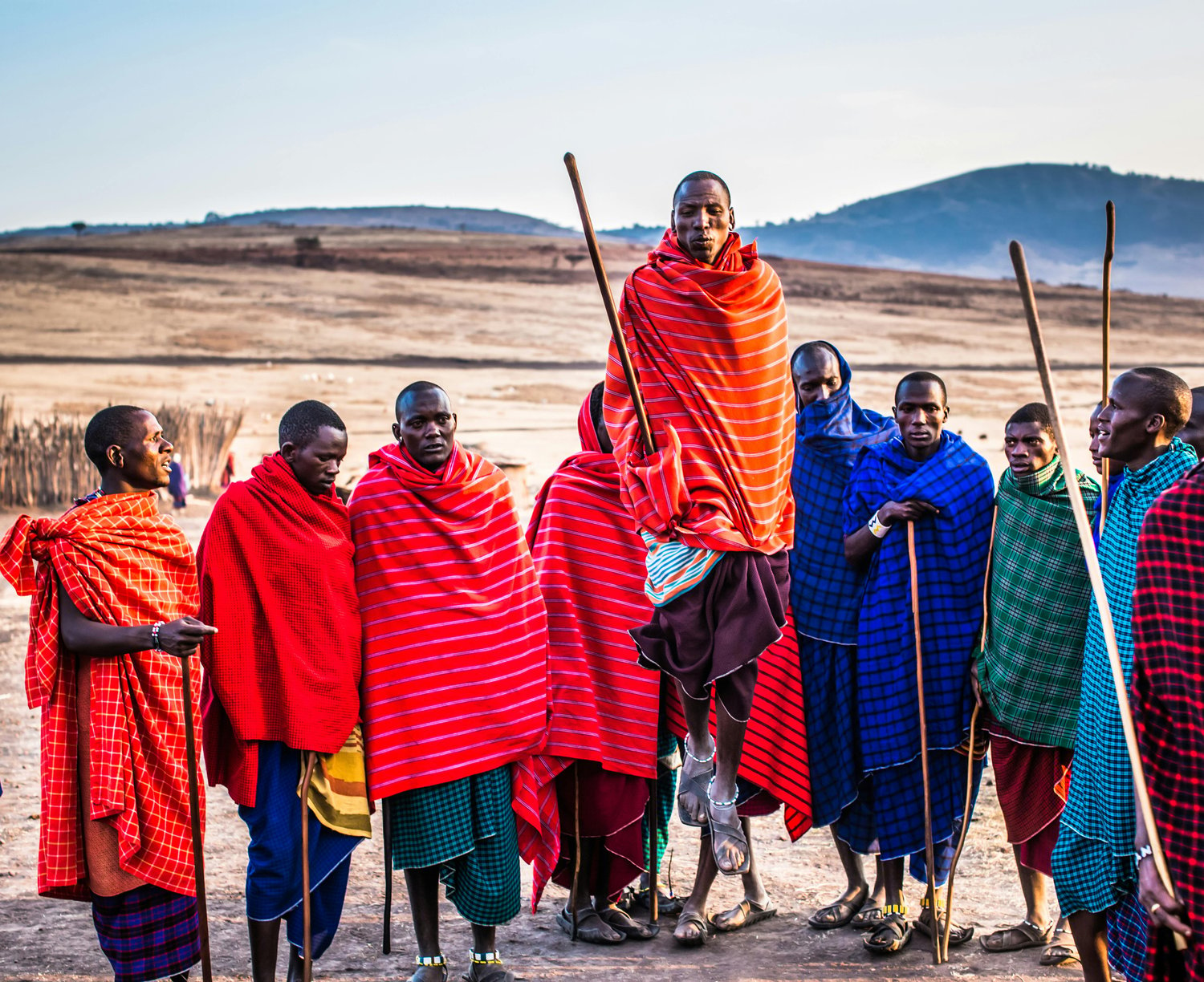
Africa: The Cradle of Humankind
- Africa is often referred to as the Cradle of Humankind due to its being the birthplace of our earliest ancestors. The continent boasts a rich tapestry of ancient civilizations, including the Egyptians, Carthaginians, and Mali Empire, each contributing significantly to human history.
- Africa's cultural diversity is unparalleled, with over 2,000 distinct languages spoken across the continent. Traditional music, dance, and art are integral to African culture, reflecting the continent's rich heritage and vibrant communities.
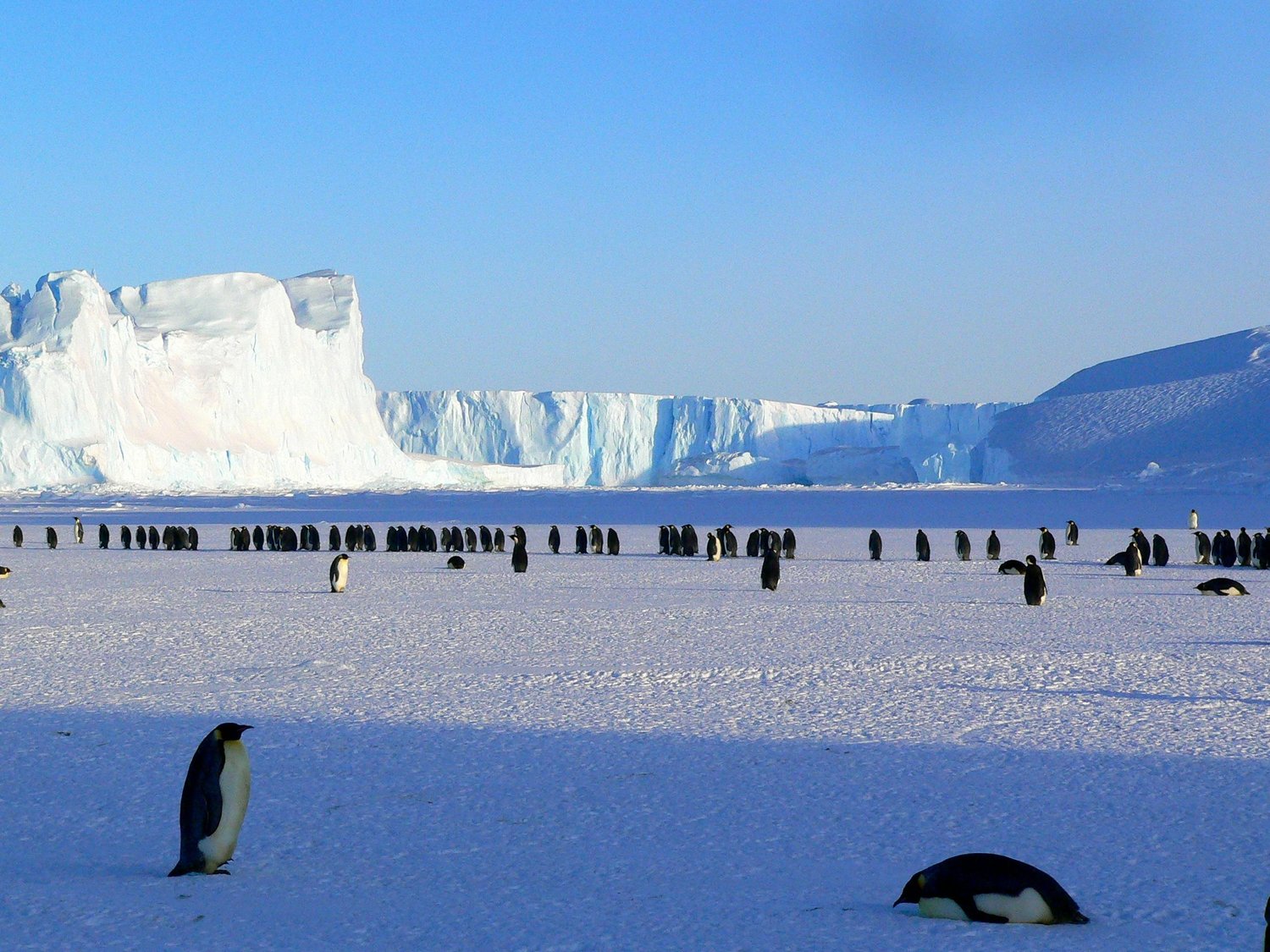
Antarctica: The Frozen Frontier
- Antarctica, the least inhabited continent, is a hub for scientific research. Despite its harsh conditions, it offers invaluable insights into climate change, glaciology, and marine biology, with international treaties ensuring its preservation for peaceful and scientific purposes.
- Antarctica's ecosystem, though sparse, is unique, featuring species like penguins, seals, and krill. The continent's pristine environment serves as a critical barometer for understanding global environmental changes.
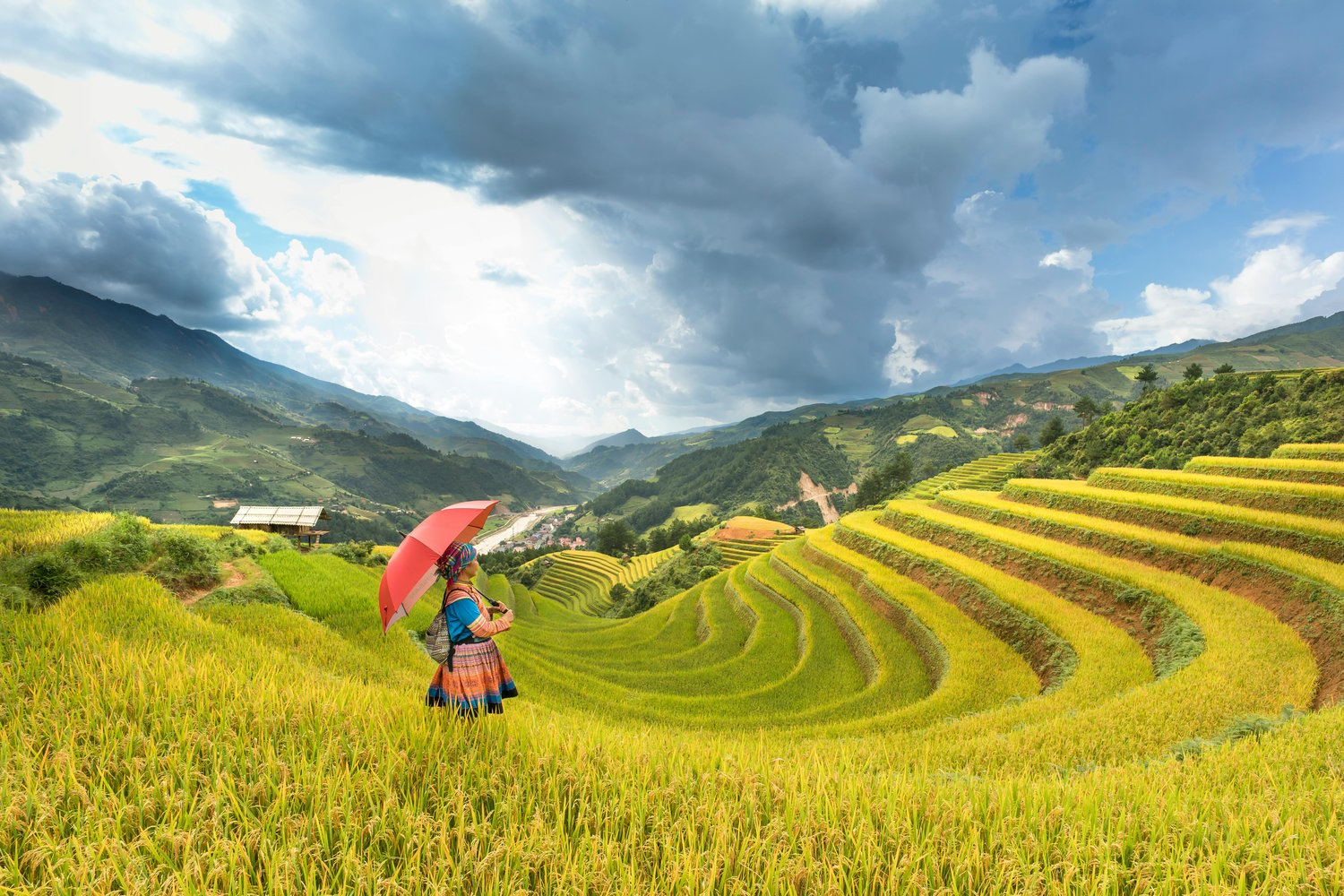
Asia: The Land of Contrasts
- Asia is home to some of the world’s oldest civilizations, including the Mesopotamians, Indus Valley, and Chinese dynasties. These cultures have left indelible marks on history through innovations in writing, agriculture, and architecture.
- Today, Asia is a continent of contrasts, balancing ancient traditions with cutting-edge technology. From the bustling streets of Tokyo to the serene temples of Angkor Wat, Asia offers a dynamic blend of past and present.
Europe: The Birthplace of Western Civilization
- Europe’s influence on world history is profound, from the classical civilizations of Greece and Rome to the transformative events of the Renaissance and the Industrial Revolution. Each era has contributed to Europe's rich cultural mosaic.
- Europe’s cultural heritage is celebrated worldwide, with its art, literature, and philosophy forming the bedrock of Western culture. Landmarks such as the Colosseum, the Eiffel Tower, and the Parthenon are testaments to its storied past.
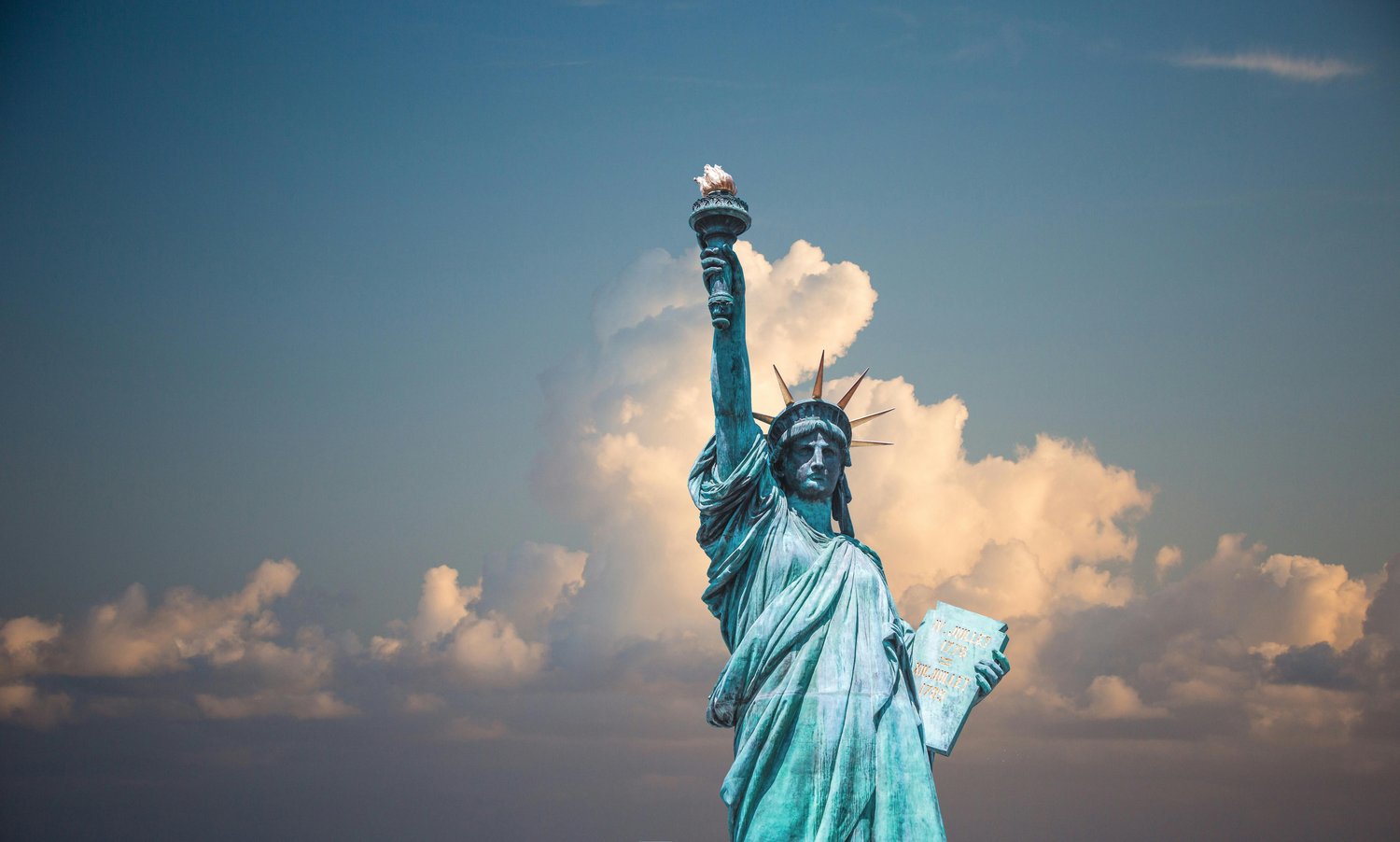
North America: The New World
- North America’s history is shaped by its indigenous cultures and colonial influences. The continent witnessed significant events such as the founding of the United States and the establishment of diverse cultural traditions from Canada to Mexico.
- Known as a cultural melting pot, North America is characterized by its diversity. This blend of cultures has produced unique art, music, and culinary traditions that reflect the continent's dynamic history.
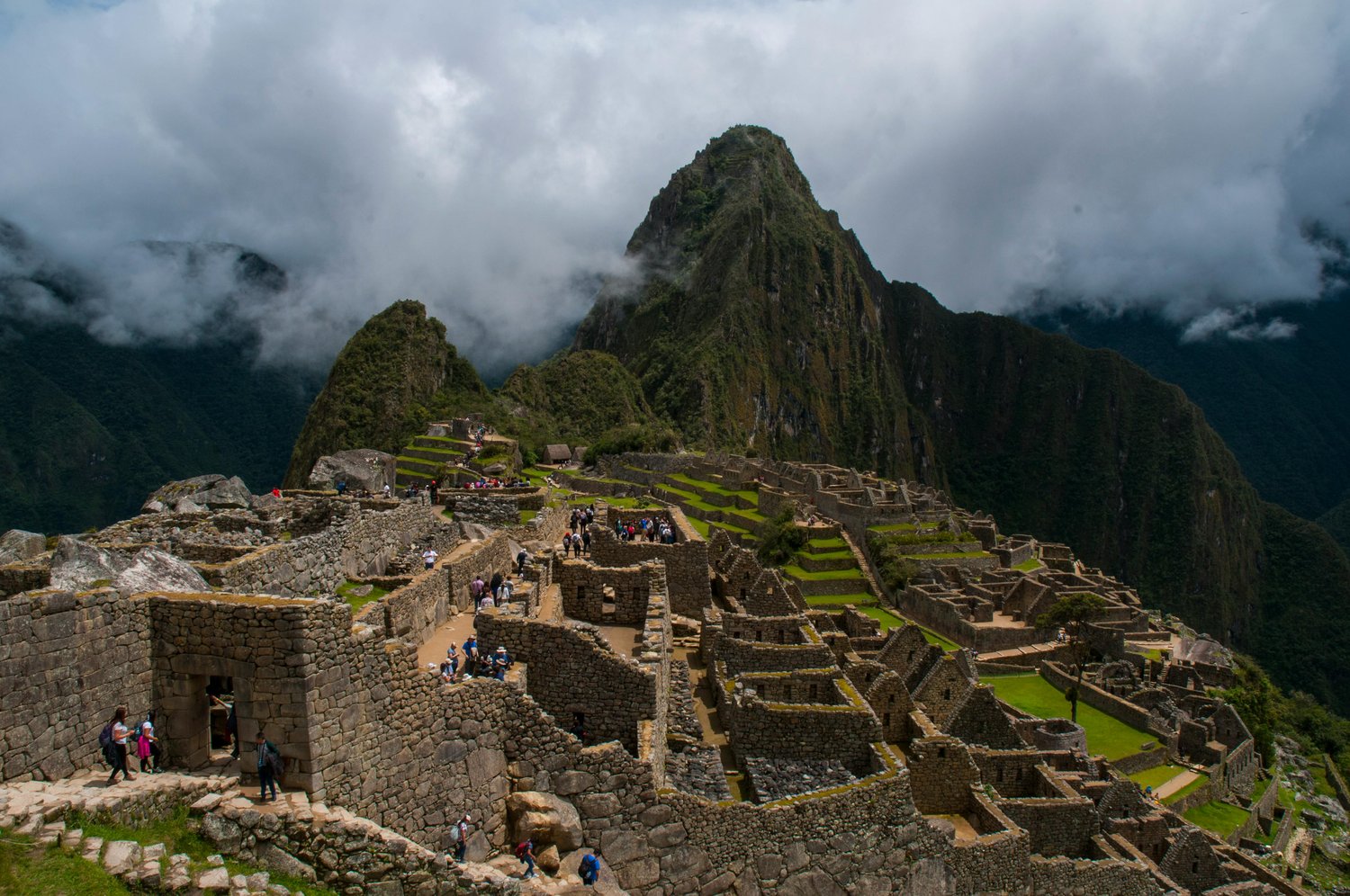
South America: The Continent of Wonders
- South America is renowned for its pre-Columbian civilizations like the Incas, Mayas, and Aztecs, whose architectural marvels, such as Machu Picchu and Teotihuacan, continue to awe the world.
- The continent is famous for its vibrant cultural festivals, including Brazil's Carnival and Argentina's Tango Festival, showcasing the rich cultural tapestry and joyous spirit of its people.

Australia (Oceania): The Island Continent
- Australia, along with the islands of Oceania, is home to ancient indigenous cultures that have thrived for tens of thousands of years. Aboriginal and Maori cultures are rich with traditions, art, and spiritual practices.
- Oceania's biodiversity is remarkable, with unique species such as kangaroos, koalas, and the Great Barrier Reef. Conservation efforts are crucial to protecting this natural heritage.
Embracing Global Understanding
- Understanding the history and culture of the seven continents is essential in our increasingly interconnected world. This knowledge fosters empathy, respect, and a deeper appreciation for the diversity and complexity of human experiences.
Explore the World with E-Learning
The seven continents offer a vast array of historical and cultural treasures waiting to be explored. Whether you're a teacher looking to enrich your curriculum or a student eager to learn more about the world, our e-learning platform provides comprehensive resources to enhance your understanding.
Ready to embark on a global adventure from the comfort of your home?
Visit our e-learning website today to discover interactive lessons and resources on the history and culture of the seven continents. Our engaging online courses are designed to make learning fun and accessible for everyone. Check out our offerings now and start your journey towards a deeper appreciation of our planet’s incredible heritage!


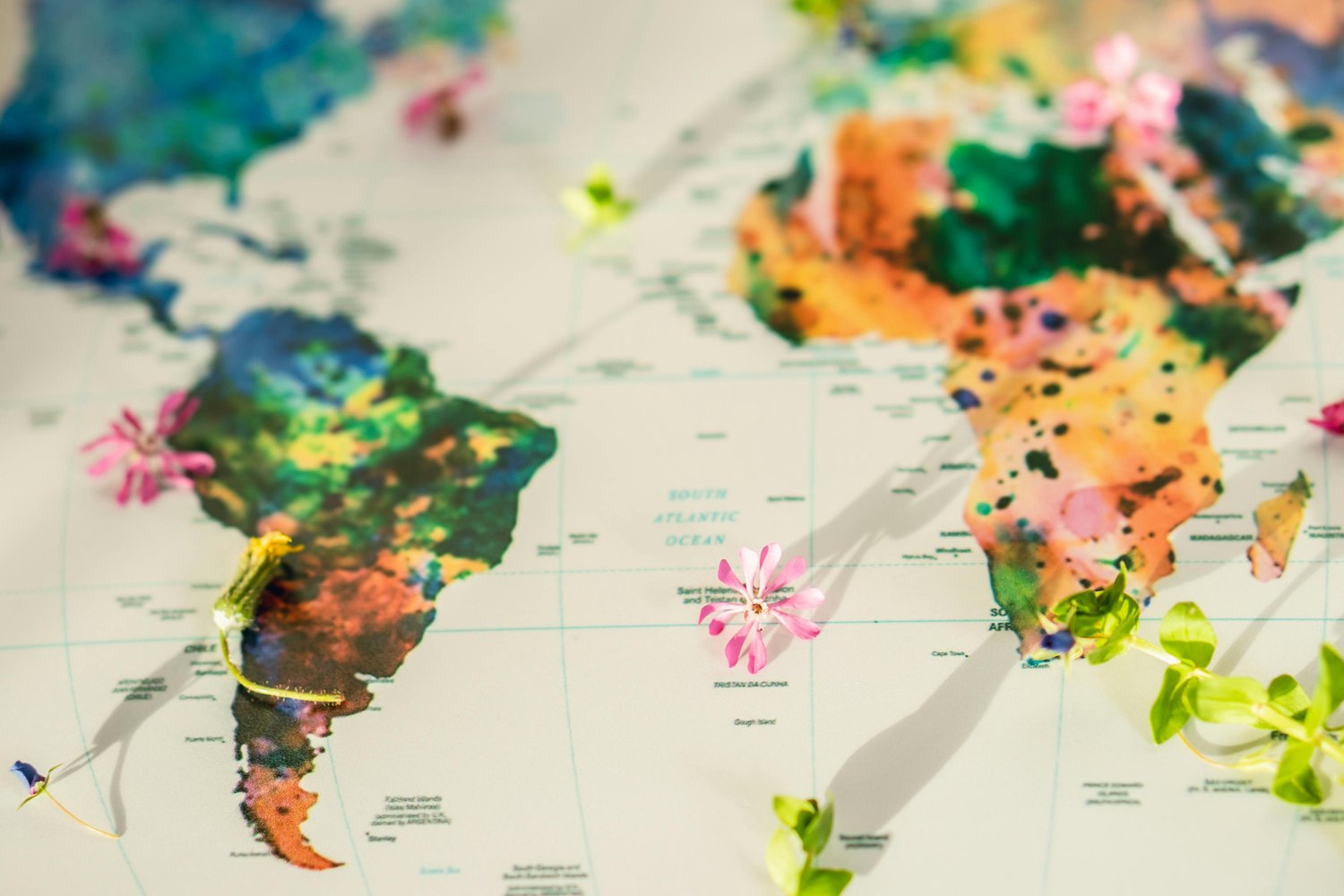
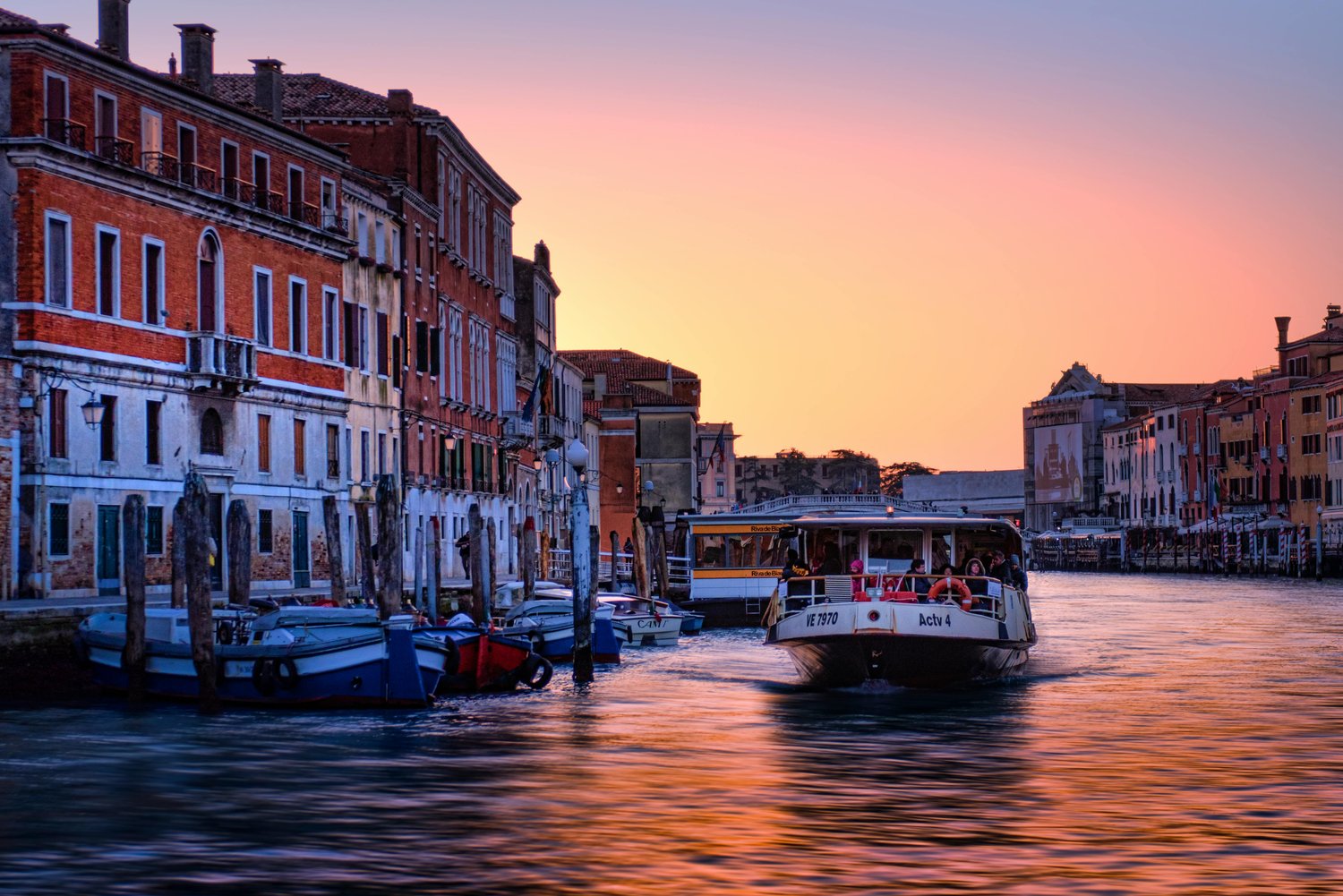
Comments ()